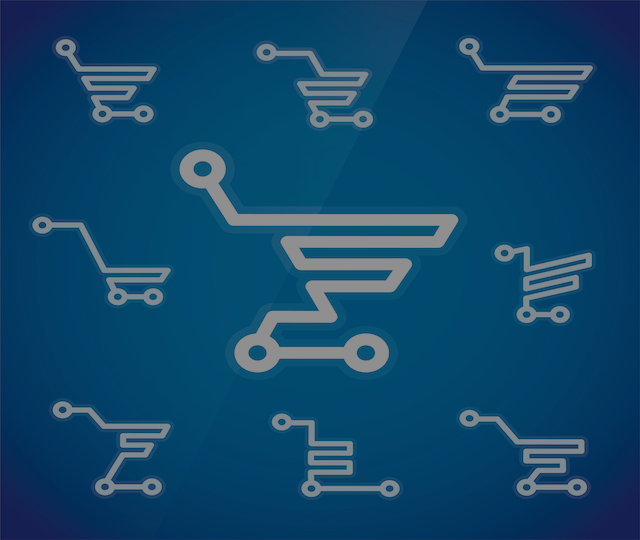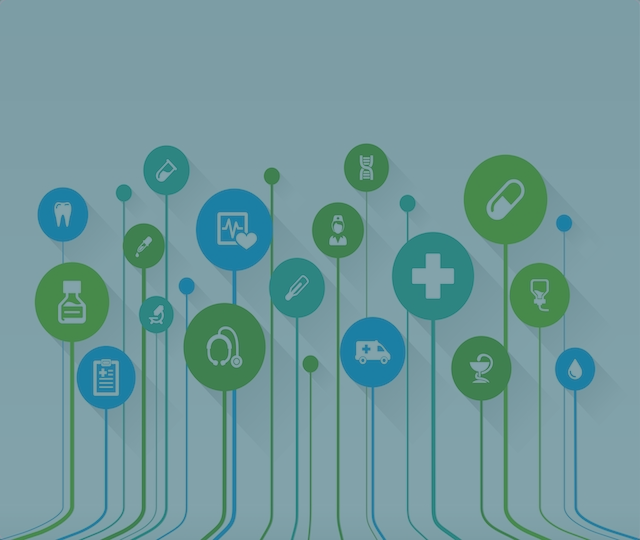quote_begin
quote_begin
"_"
Technical Security Services
Personnel and Physical Security Services
Information Security Management
Training







"_"

"KNOWLEDGE AND UNDERSTANDING - Through Arhont’s extensive knowledge of the threats, vulnerabilities and exploits that Mimecast faces, we were able to leverage our internal security resources to efficiently strengthen our security processes and infrastructure."

"COMPLETE SATISFACTION - Arhont consultants have successfully demonstrated security risks in the application portal and have worked closely with the application development team to help them address the uncovered issues and concerns. I have been fully satisfied with the work quality and delivery that Arhont team has provided and would recommend to use the firm for range of IT security services and consultancy."

"PROTECTION - A great man once said: 'The power of intuitive understanding will protect you from harm until the end of your days'- Lao Tzu. But, as I cannot guarantee that, I use Arhont to protect my networks from harm and inform me of those trying to cause harm."

"UPPERMOST QUALITY - The knowledge of the Arhont security specialists is some of the highest available in my opinion and the vast experience they bring has been invaluable over the years. I have always found the services Arhont provide to be of the uppermost quality and of a level that we at Renault and RCI expect from all of our suppliers."

"EXPERIENCE - Arhont's expert knowledge of threats, vulnerabilities and attack vectors has allowed us to focus on the right security solutions. Furthermore, their awareness training has reinforced the knowledge of our technical teams, thus ensuring security for our clients is at the forefront of everything we do."

"SIMPLY THE BEST - Arhont are the best security specialist around. I have used several security experts in the past and Arhont were brought in following a recommendation. I would recommend them to anyone looking for information security services."

"_"
We have been at the forefront of security trends and developments since 2001 and have authored many books and whitepapers. We understand businesses of all sizes and across multiple vertical sectors. Our specialists come with a broad range of experience and with industry accreditation and security clearances. In simple terms, Information Security is all that we do!
Security is all about trust. From the initial conversation through to delivery, our services will be private and conducted in total confidence. We built trust through, engagement, service, quality, expertise, delivery and management. We are not affiliated to any hardware or software vendor, so are able to provide trustworthy, independent, impartial advice.
All businesses and situations are different and a single method or approach can not work for all. We form strong partnerships with all of our customers, work hard and deliver results to ensure that we are seen as part of your internal security team. Always going an extra mile to make sure that long term business relationships are formed with each and every customer. A true business Partner that you can trust!
Our rich hands-on experience and agile working method allows us to implement appropriate countermeasures in versatile environments in close to no time. We ensure that every project is completed in an open and transparent manner, while our extensive organisational flexibility permits the provision of individually tailored services for every single clients.